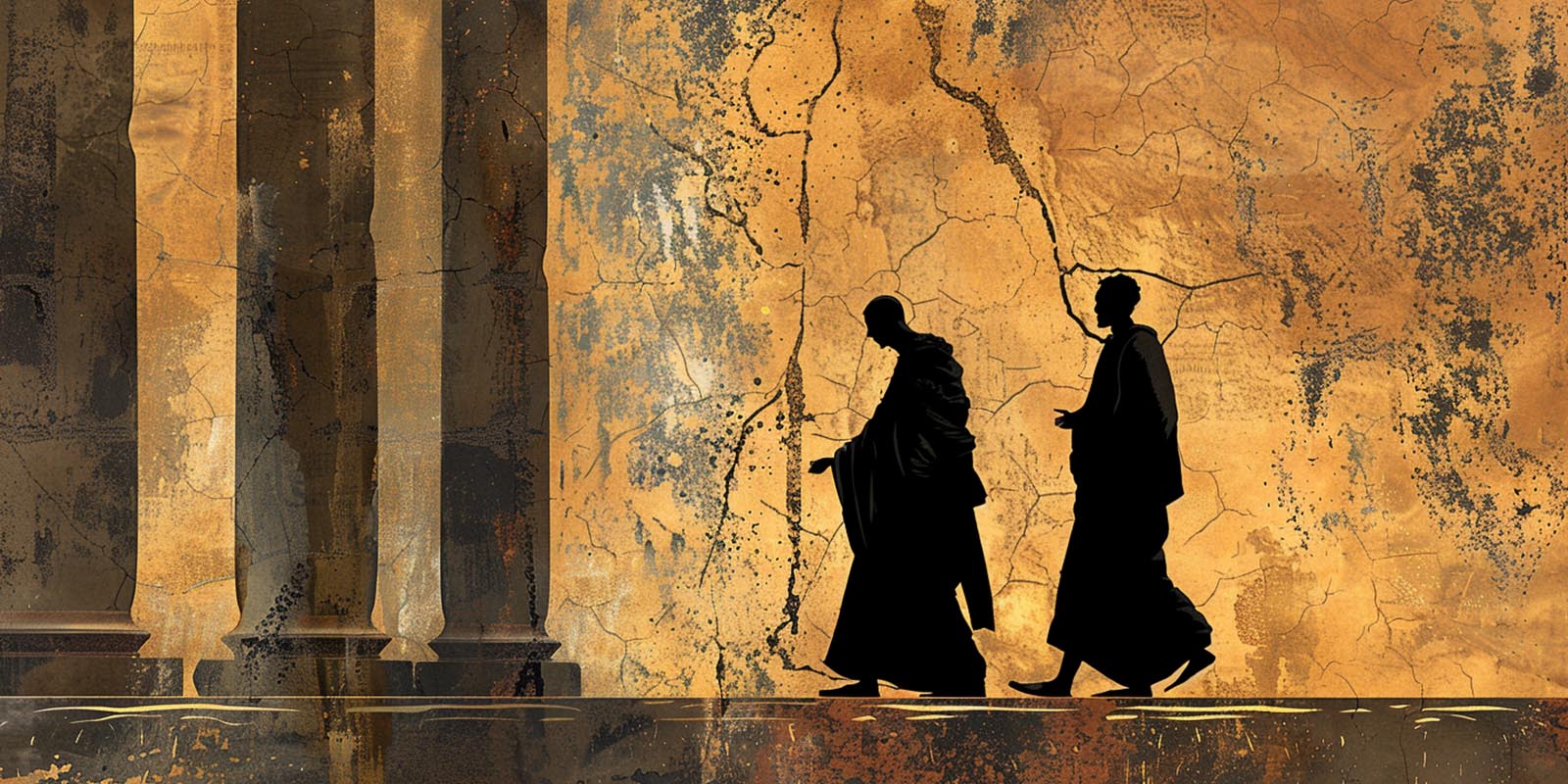

Ancient Greek rituals and priests played a pivotal role in the spiritual and social life of the city-states, orchestrating ceremonies and rites that connected the people with their gods.
Rituals in ancient Greece were diverse and elaborate, ranging from public festivals and sacrifices to private rites and prayers. These ceremonies were essential for maintaining the favor of the gods, ensuring prosperity, health, and success in various endeavors. The meticulous observance of rituals reflected the Greeks' profound respect for the divine and their belief in the active involvement of deities in their daily lives.
The priests and priestesses who conducted these rituals were highly respected figures, chosen for their piety and knowledge of religious practices. They served as intermediaries between the mortal and divine realms, interpreting the will of the gods and performing sacred duties. These religious leaders often came from noble families, and their roles were hereditary or appointed by the community, emphasizing the sanctity and continuity of religious traditions.
The rituals themselves were intricate and symbolic, often involving offerings of food, drink, and animal sacrifices. These acts of devotion were performed with precise rituals and chants, believed to please the gods and invoke their blessings. Festivals such as the Panathenaia in Athens or the Eleusinian Mysteries in Eleusis were grand events that brought communities together in collective worship and celebration.
Priests and priestesses also played a crucial role in maintaining temples, sacred sites, and oracles. They were responsible for the care of divine statues, the upkeep of temple precincts, and the organization of religious events. In some cases, they acted as healers and advisors, using their religious authority to offer guidance and support to those in need.
The legacy of ancient Greek rituals and priests is evident in the wealth of historical and archaeological evidence that reveals the depth and complexity of their religious practices. Their commitment to honoring the gods through elaborate ceremonies and their integral role in society highlight the importance of religion in shaping ancient Greek culture and identity. The enduring fascination with these rituals and the reverence for their priests continue to inspire scholars and enthusiasts alike, offering a window into the spiritual life of the ancient world.
The Mysteries of Demeter at Eleusis were ancient religious rites held annually in honor of Demeter and her daughter Persephone. Located near Athens, the Eleusinian Mysteries were the most famous of the secret religious rituals of ancient Greece.
More
The Cult of Asclepius was centered around the worship of Asclepius, the Greek god of medicine and healing. Originating in the city of Epidaurus, the cult spread throughout the Greek world, with sanctuaries known as Asclepieia serving as centers for medical advice, healing, and religious devotion.
More
The Oracle at Dodona was one of the oldest and most revered oracles in ancient Greece, dedicated to Zeus and Dione. Situated in Epirus, the sanctuary was renowned for its unique method of divination, which involved interpreting the rustling of oak leaves and the sounds of bronze vessels.
More
Ancient Greek art and architecture, with its harmonious proportions and timeless elegance, continue to inspire awe and admiration millennia later.
Discover
Greek mythology, a rich tapestry of gods, heroes, and mythical creatures, captivates the imagination with its tales of love, betrayal, and epic adventures that delve into the depths of the human psyche.
Discover
Ancient Greek history, marked by remarkable achievements in democracy, philosophy, and warfare, shaped the foundation of Western civilization, leaving an indelible legacy of innovation and cultural influence that continues to resonate to this day.
Discover
The ancient Greek Olympics, held in Olympia every four years, celebrated athleticism, unity, and cultural pride, serving as a testament to the enduring spirit of competition and excellence that transcends time and borders.
Discover
Ancient Greek wars, such as the Persian Wars and the Peloponnesian War, were pivotal conflicts that shaped the course of history, highlighting the struggle for power, independence, and the clash of civilizations in the ancient Mediterranean world.
Discover
Ancient Greek culture and society, characterized by its emphasis on art, philosophy, and civic engagement, fostered a vibrant intellectual and social landscape where innovation flourished, democracy thrived, and the pursuit of knowledge and excellence was celebrated as fundamental values of civilized life.
Discover
Find out more about ancientgreece.com